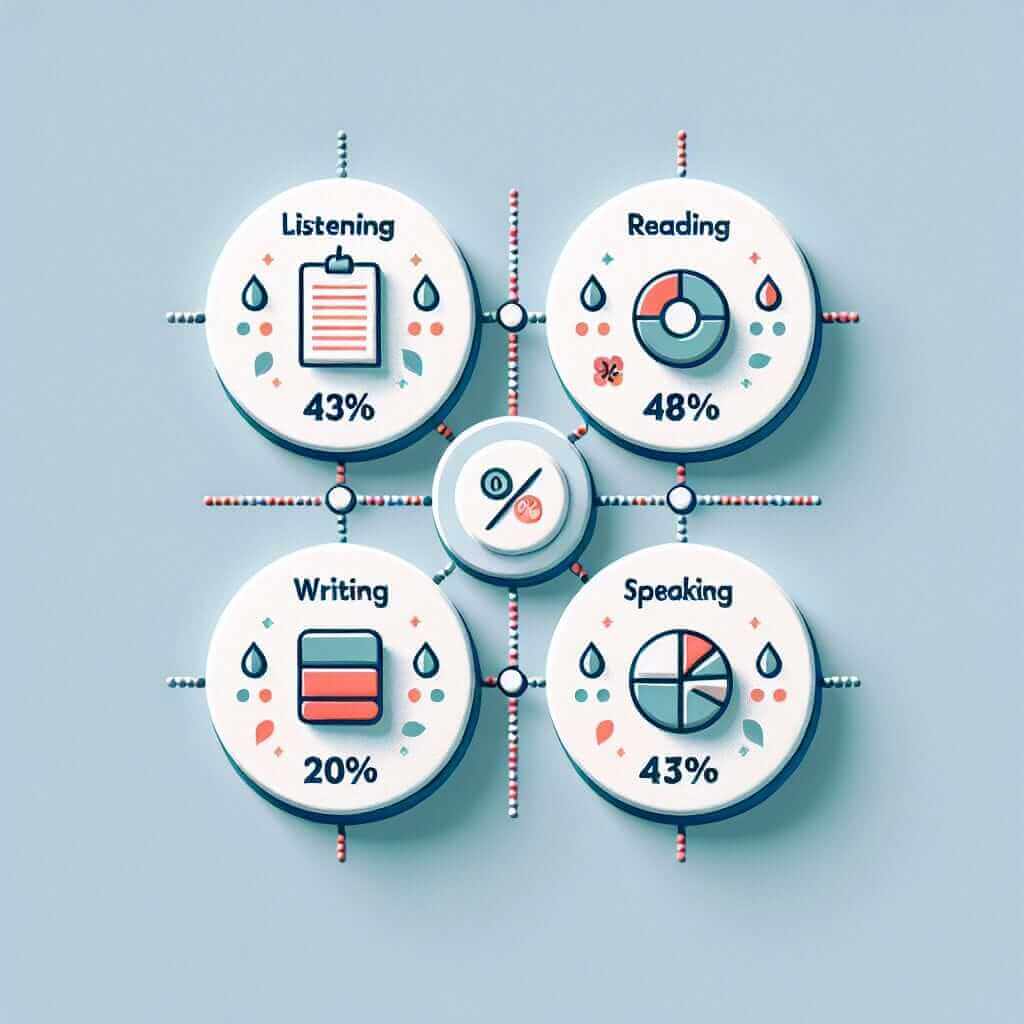The International English Language Testing System (IELTS) is a globally recognized English proficiency test. Whether you aim to study abroad, immigrate, or enhance your career prospects, achieving a high IELTS score is often crucial. While IELTS preparation courses offer structured guidance, self-study can be equally effective with the right approach. This comprehensive guide provides a step-by-step roadmap to mastering the IELTS through effective self-study techniques.
Understanding the IELTS Exam
Before delving into the specifics of self-study, it’s imperative to understand the structure and requirements of the IELTS exam. The IELTS assesses your English language skills across four modules:
-
Listening: This module evaluates your ability to comprehend spoken English, including lectures, conversations, and social interactions.
-
Reading: This module measures your reading comprehension skills through a variety of texts, from academic articles to newspaper extracts.
-
Writing: This module assesses your written communication skills, requiring you to compose essays, reports, and letters.
-
Speaking: This module evaluates your spoken English fluency, vocabulary, grammar, and pronunciation.

Crafting Your Self-Study Plan
Effective self-study begins with a well-structured plan. Consider these key elements:
1. Define Your Goals and Timeline
- Set Realistic Goals: Determine your desired IELTS band score and align it with the requirements of your chosen institution or immigration program.
- Create a Timeline: Establish a realistic study schedule based on your target score and available time. Break down your study plan into manageable daily or weekly goals.
2. Gather Essential Resources
- Official IELTS Materials: Utilize practice tests, sample answers, and assessment criteria provided by official IELTS organizations like the British Council and IDP Education.
- IELTS Preparation Books: Choose reputable IELTS preparation books that cover all four modules and align with your target band score.
- Online Resources: Explore online platforms offering practice tests, vocabulary builders, grammar exercises, and interactive speaking activities.
3. Develop a Consistent Study Routine
- Allocate Dedicated Study Time: Treat IELTS preparation as a serious commitment and schedule regular study sessions.
- Focus on Your Weaknesses: Identify your areas for improvement through practice tests and allocate more time to those specific skills.
- Review and Reflect: After each study session, take time to review your progress, identify areas needing further attention, and adjust your study plan accordingly.
Mastering the IELTS Modules Through Self-Study
Listening
- Active Listening Practice: Engage in regular listening practice using a variety of English audio resources, such as podcasts, news broadcasts, and documentaries.
- Note-Taking Techniques: Develop effective note-taking strategies to capture key information while listening to lectures or conversations.
- Practice Tests: Familiarize yourself with different question types in the Listening module through regular practice tests.
Reading
- Expand Your Vocabulary: Enhance your reading comprehension by actively building your vocabulary through reading English texts and utilizing vocabulary-building apps or websites.
- Skimming and Scanning: Master skimming and scanning techniques to quickly locate relevant information within passages.
- Time Management: Practice completing reading passages within the allocated time to improve your speed and efficiency.
Writing
- Understand Essay Structures: Familiarize yourself with different essay structures required for the IELTS Writing module, such as argumentative, descriptive, and problem-solution essays.
- Practice Writing Tasks: Regularly practice writing essays, reports, and letters on various topics to improve your writing fluency and coherence.
- Seek Feedback: Ask a teacher, tutor, or language partner to provide feedback on your writing to identify areas for improvement.
Speaking
- Enhance Fluency and Pronunciation: Engage in regular English conversations with native speakers or language partners to improve your fluency and pronunciation.
- Record Yourself Speaking: Record yourself answering sample IELTS Speaking questions to identify areas for improvement in your fluency, vocabulary, and pronunciation.
- Practice With a Mirror: Practicing speaking in front of a mirror can help you become more aware of your body language and facial expressions, which contribute to your overall speaking performance.
Conclusion
While the IELTS exam may seem daunting, self-study can be an empowering and effective way to achieve your desired score. By setting realistic goals, utilizing comprehensive resources, and maintaining a disciplined study routine, you can confidently approach the IELTS exam and unlock a world of opportunities. Remember, success in the IELTS, as in any endeavor, stems from consistent effort, effective strategies, and a belief in your abilities.